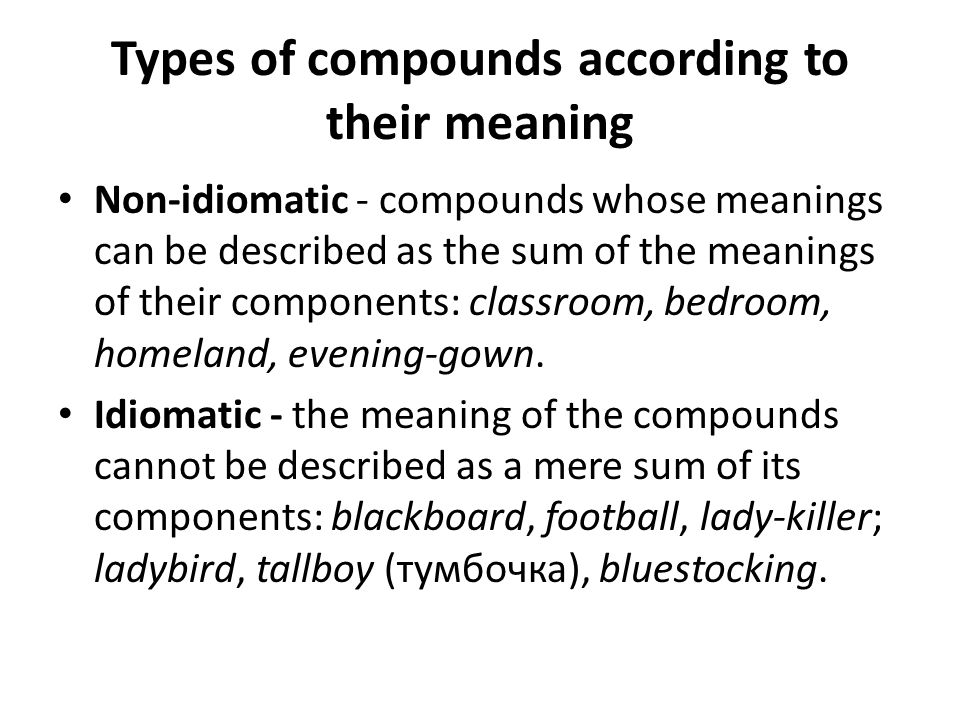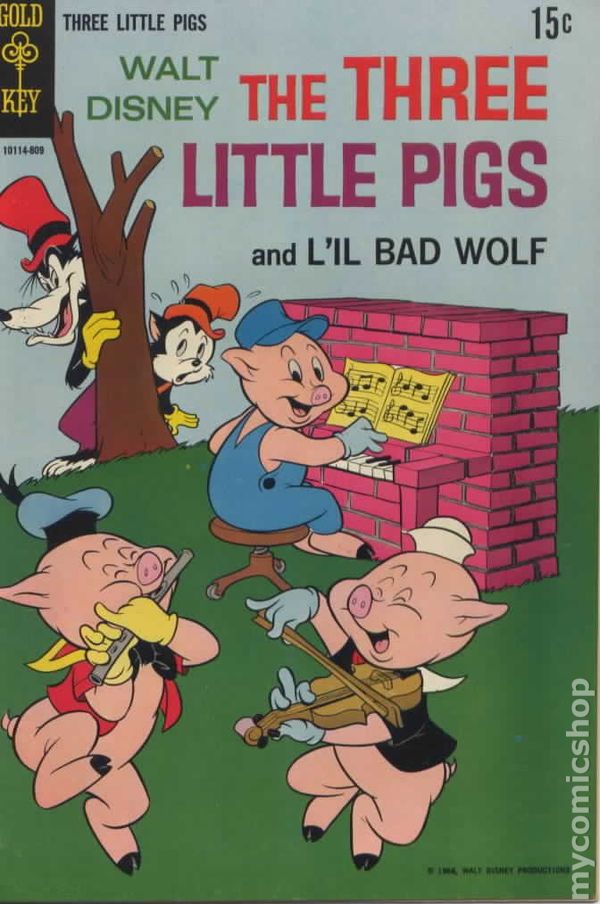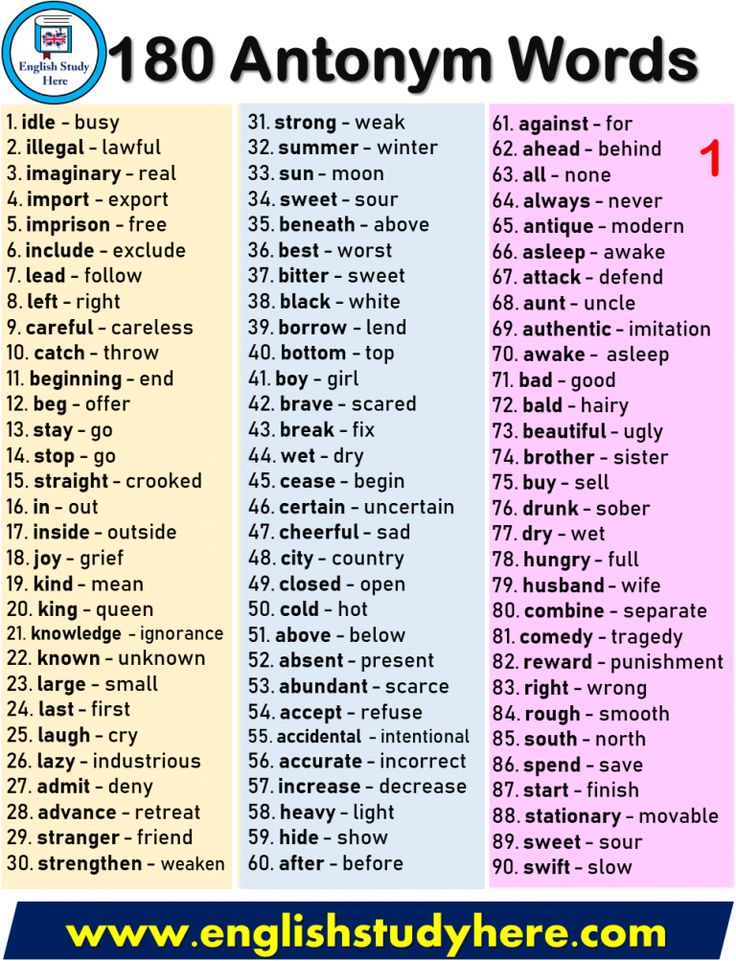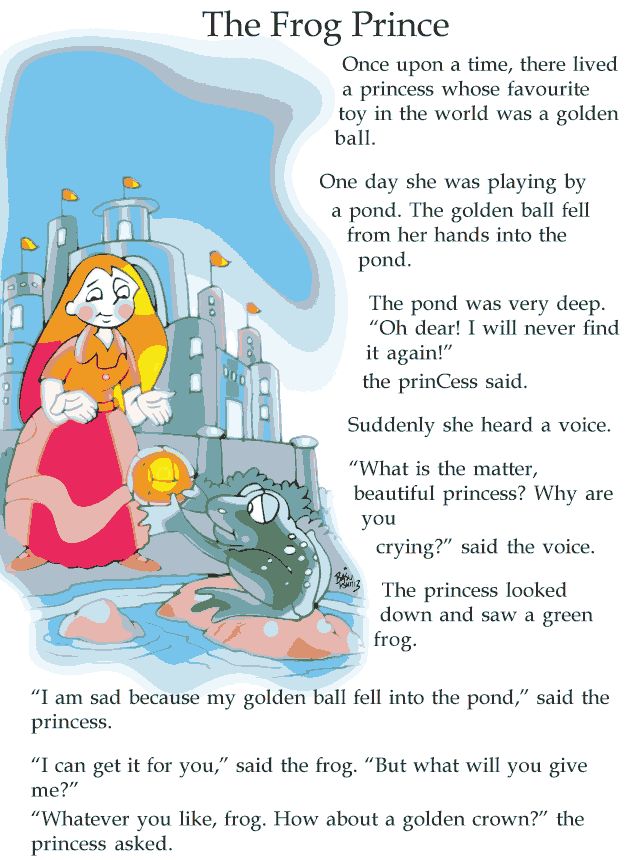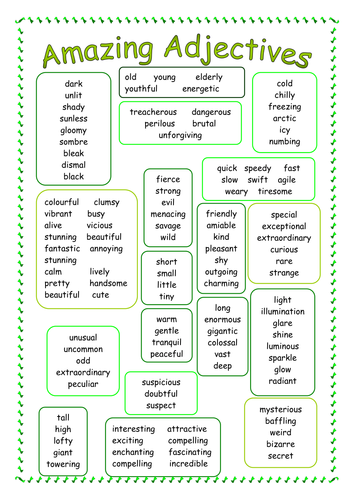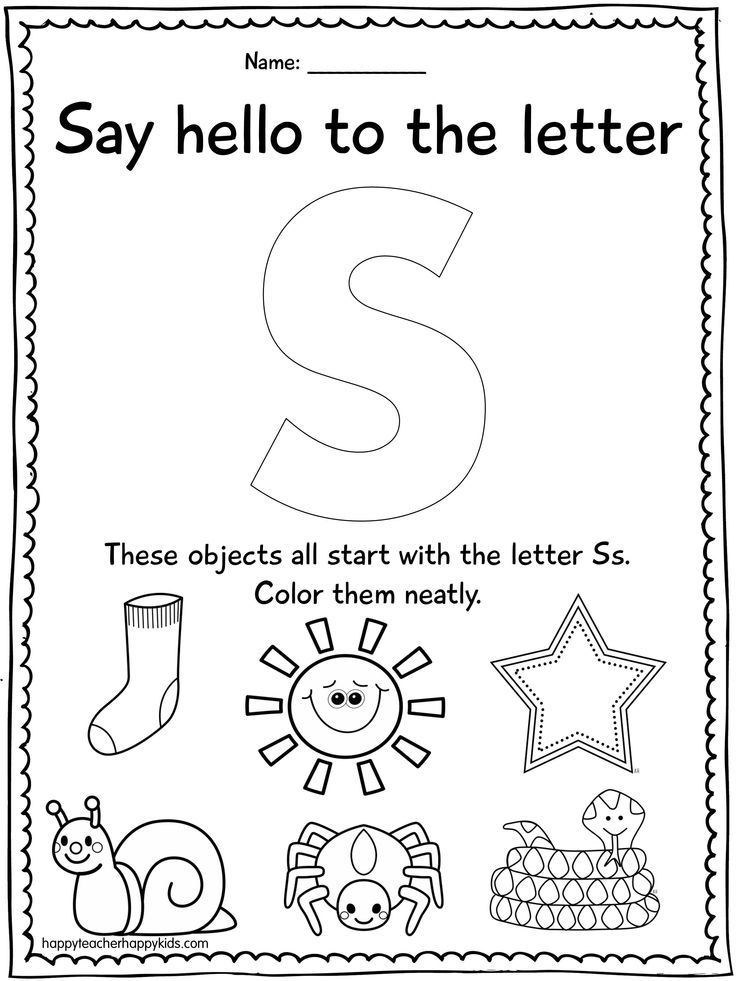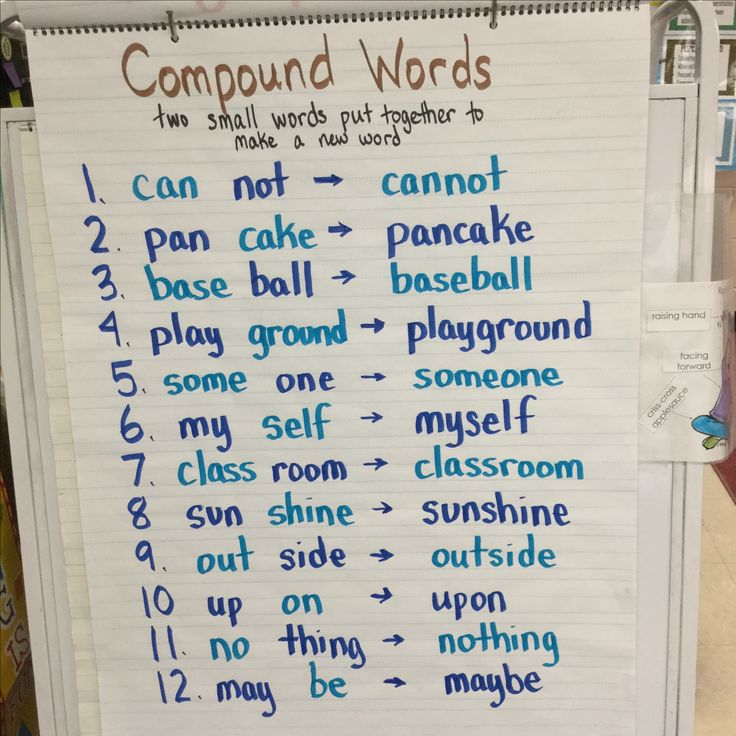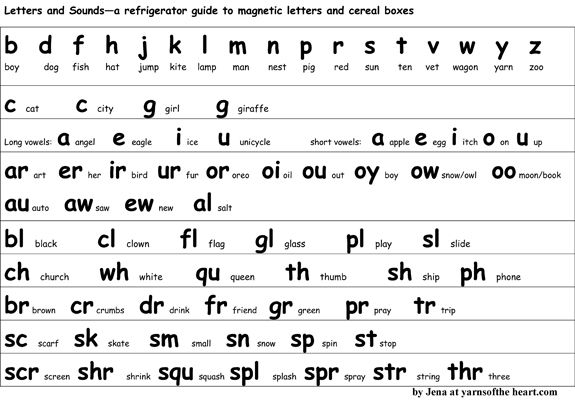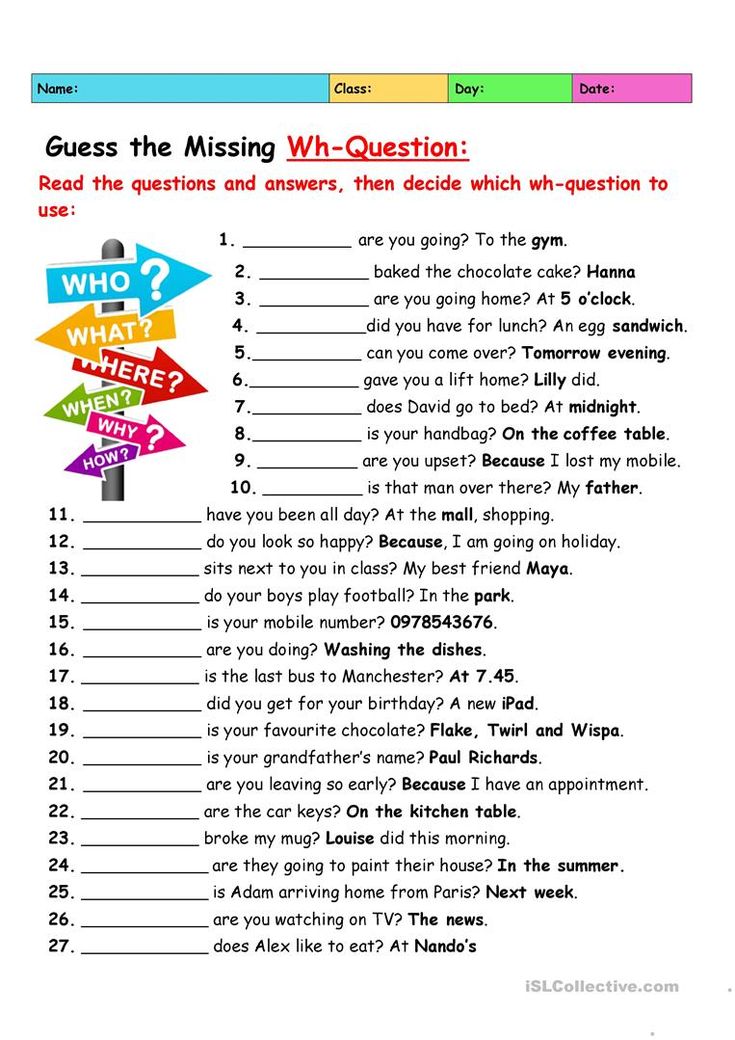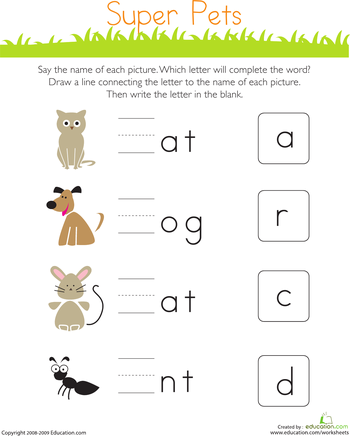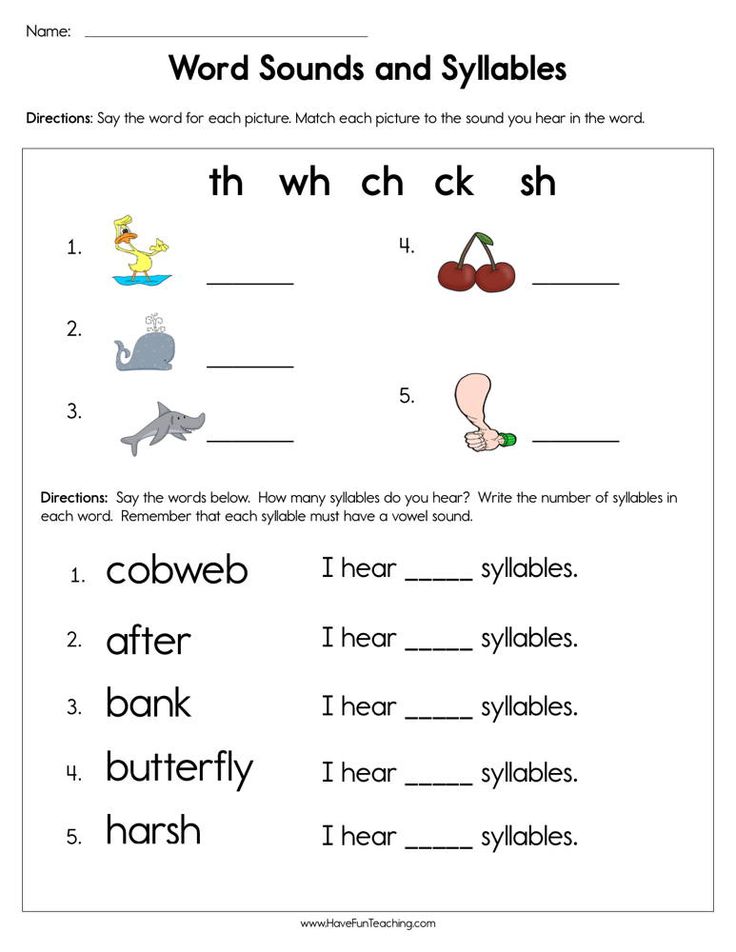What is the meaning of compound words
Compound Words: Everything You Need to Know
The words pancake, living room, and merry-go-round have something in common.
They are all examples of compound words.
The noun compound means something made up of two or more separate components. Compound can also be an adjective meaning consisting of two or more parts or components.
A compound word is one word, or one unit of meaning, that is created by joining two or more separate words together.
What Are Compound Words?
A compound word is a word made up of usually two but sometimes more words that are joined together. The two (or more) that make the compound word are independent words; they have their own distinct meanings. When those words are joined and form a compound word, that compound word has its own new meaning.
The Three Types of Compound Words
Compound words can take three possible forms: closed, open, or hyphenated. In closed form, there is no space between the joined words. In open form, there is a space between the “joined” words that still act as one unit, and in hyphenated form—you guessed it! There is a hyphen between the joined words.
These general “rules”—which are somewhat fluid and flexible—provide guidance as to what format a compound word takes.
Closed compound words are usually nouns: They put on makeup.
Open compound words are usually nouns or verbs: I have to make up (verb) that exam at my high school. (noun)
Hyphenated compound words are usually adjectives or adverb-adjective combinations: I have to take a make-up (adjective) exam. I will be well-prepared. (adverb + adjective)
The key word in each of those examples is “usually.” Some compound words break the rules.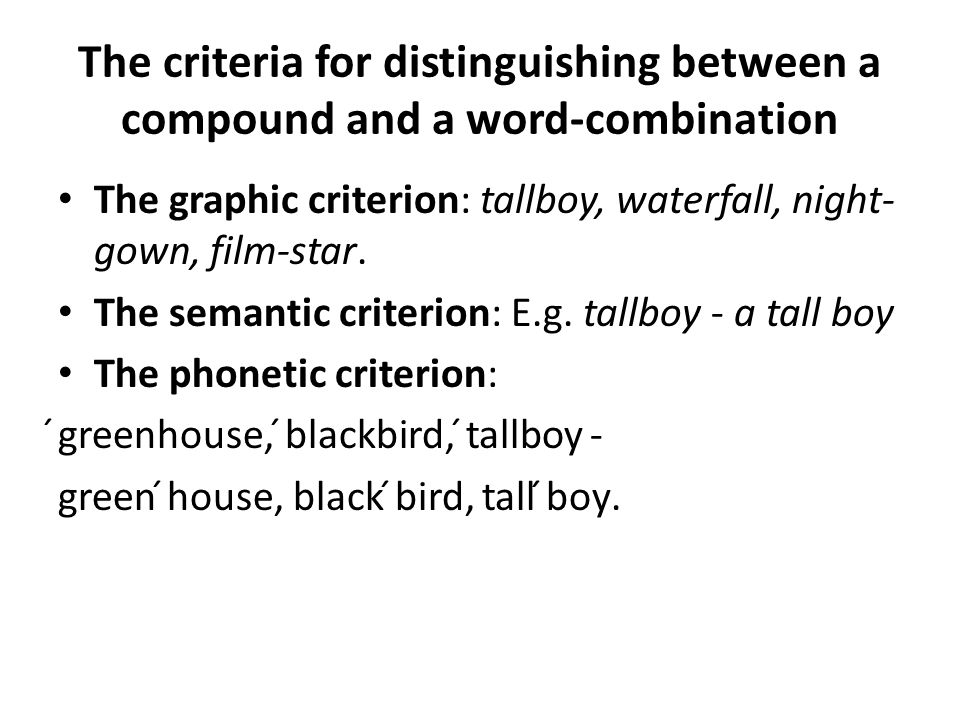 We'll see how soon.
We'll see how soon.
1. Closed Compound Words
To review: closed compound words are usually made up of two separate words that are put together to form a new word. There is no space between the two words in a closed-form compound word; the compound appears as one single word.
Examples of Closed Compound Words
Cup + cake becomes cupcake
Basket + ball becomes basketball
Key + board becomes keyboard
Extra + ordinary becomes extraordinary
Birth + day becomes birthday
You can see through these examples that the meaning of the compound word is not just a merger of the independent definitions of the individual words that join together to make that compound.
However, there is a relationship between the individual word meanings and the compounds. Compound words have been integrated into language as speakers have discovered those relationships.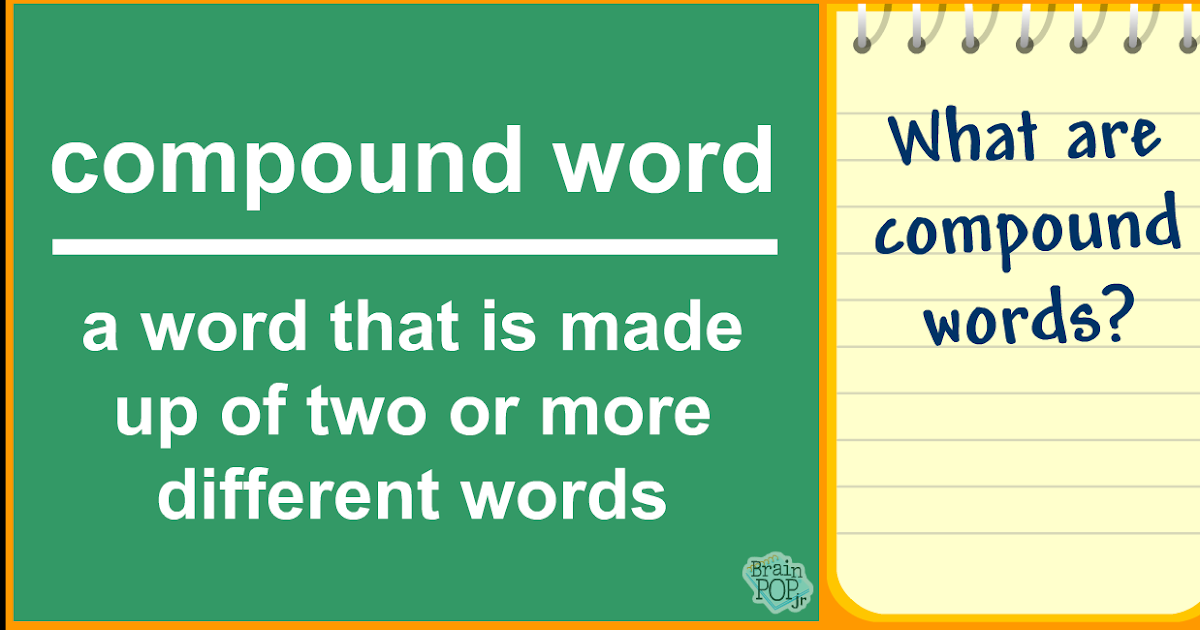 It makes perfect sense to call a cake that could fit into a cup a cupcake and to call a ball thrown through a basket (now a hoop) a basketball.
It makes perfect sense to call a cake that could fit into a cup a cupcake and to call a ball thrown through a basket (now a hoop) a basketball.
The rules for compound words, listed earlier in the post, include the word usually. That word means the rules are not hard and fast, and there are examples of compound words that break those rules.
For example, compound words that are verbs are usually open form, but here are rule-breaking closed-form compound verbs that remind us to hold those rules loosely:
I need to proofread my essay.
I think the clerk shortchanged me.
I have to babysit my little sister.
2. Open Compound Words
In an open compound word, there is a space between the two independent words, though they are still treated as one unit with a new “compound meaning.”
Examples of Open Compound Words
Living room: as a unit, this compound noun refers to a room in a house.
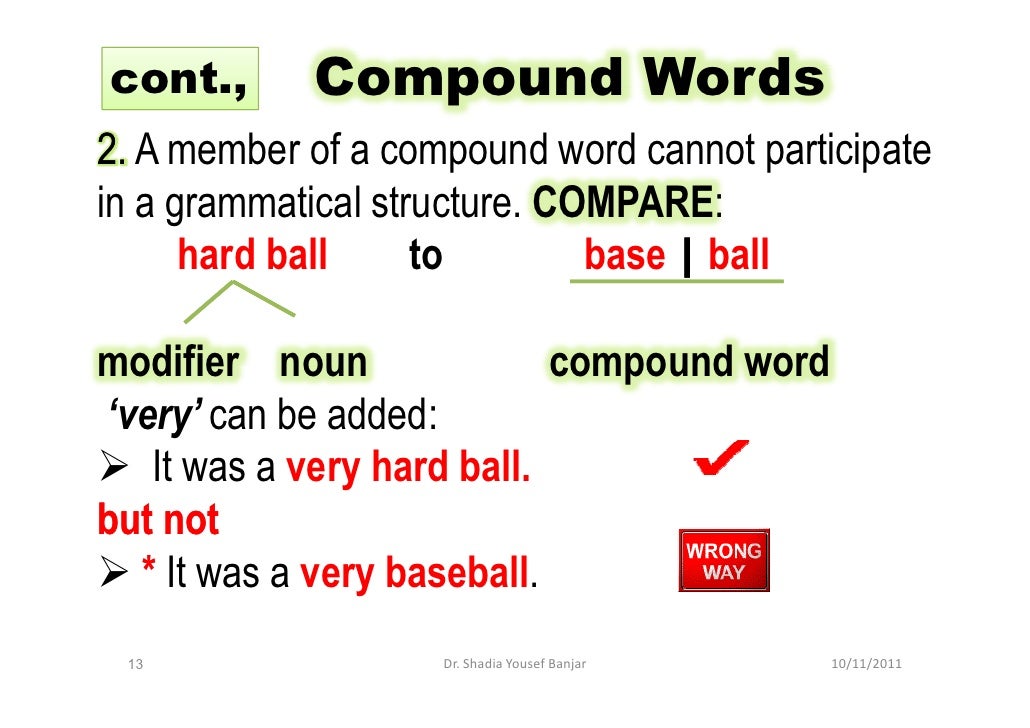
High school: as a unit, this compound noun refers to a school that has students in grades 9-12.
Post office: as a unit, this compound refers to a building where mail is collected, sorted, and sent.
Give up: as a unit, this compound verb means to stop trying.
Ask for: as a unit, this compound verb means to request something.
3. Hyphenated Compound Words
Hyphenated compound words have hyphens between each of the independent words that serve as connectors. The hyphens are a visual cue that the words form one unit.
Some compound words are always hyphenated.
Did you notice that all of those examples are nouns? Remember: the rules are flexible!
Examples of Hyphenated Compound Adjectives:
When compound words are used as
adjectives (officially known as compound adjectives), the hyphenation rules change depending on where the compound adjective comes in the sentences.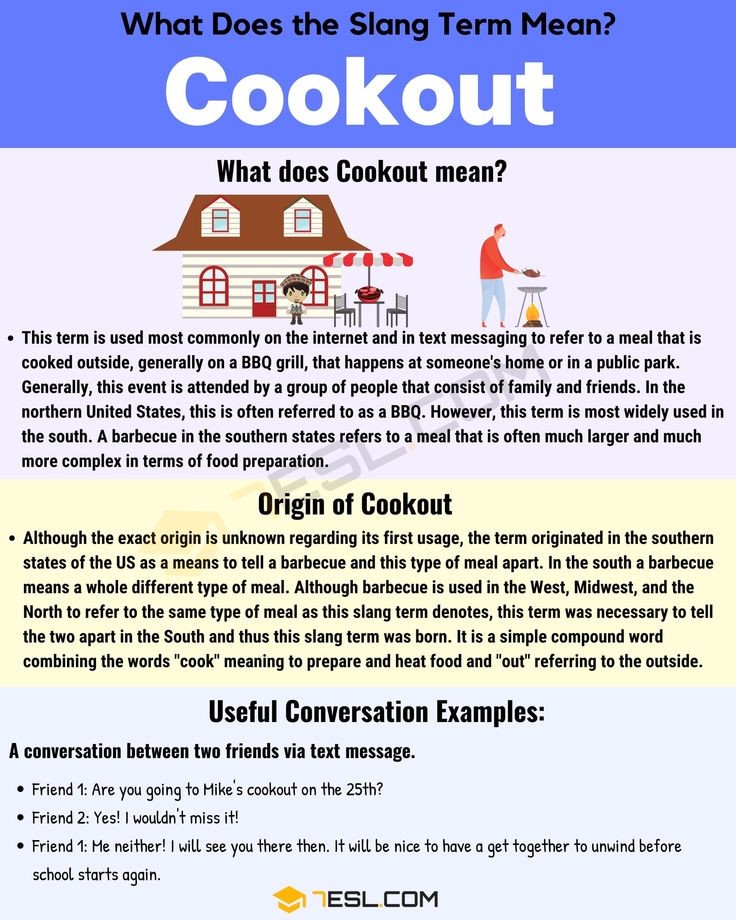
If the compound adjective comes before the noun it modifies (describes), you should usually add a hyphen:
Of course, there are exceptions. Remember, those “rules” are flexible. Some compound adjectives that precede the nouns they modify never take a hyphen. For example, ice cream and high school:
- High school students
- Ice cream sundae
There’s really no “why” to explain these exceptions; we’ve just adopted these forms and made them part of our language.
Examples of Open-Form Compound Adjectives
If the compound adjective comes after the noun it modifies, the hyphen is usually omitted.
Make sure the files are up to date. “Up to date” modifies, but comes after, the noun “files.”
The cat is two years old. “Two years old” modifies, but comes after, the noun “cat.”
Though post-noun modifiers don’t technically take hyphens, according to Merriam-Webster, usage trends indicate the hyphens are often included anyway, if the compounds “continue to function as unit modifiers.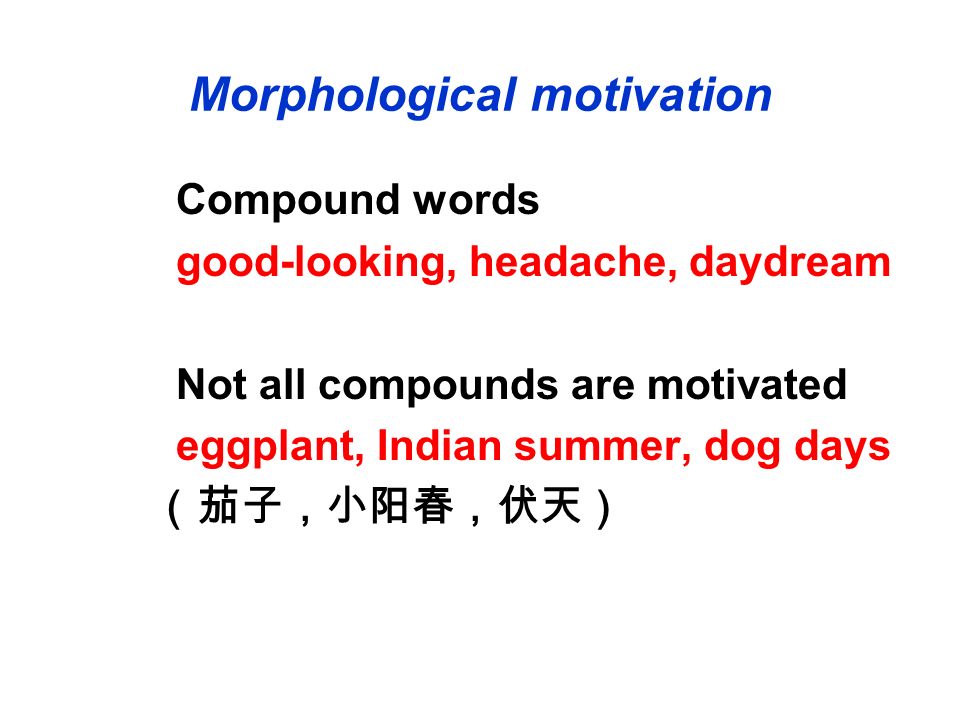 ” So there’s that flexibility again.
” So there’s that flexibility again.
A grammar guru, style editor, and writing mentor in one package.
Try it for free!What About Adverb Compounds?
It’s easy to find examples of closed, open, and hyphenated adverbs.
As for the closed-form examples, we probably don’t even register them as compound words much of the time.
Sometimes
Thereafter
Somewhere
Open-form adverbs occur when the adverb is the first word in the compound and ends in -ly. You should not hyphenate after an -ly adverb.
We made the discovery early on.
Her opinion is highly regarded.
They entered the dimly lit room.
What to Do If You’re Not Sure Which Form Is Right
While those flexible rules can help you, there may still be times when you feel confused about which compound form to use.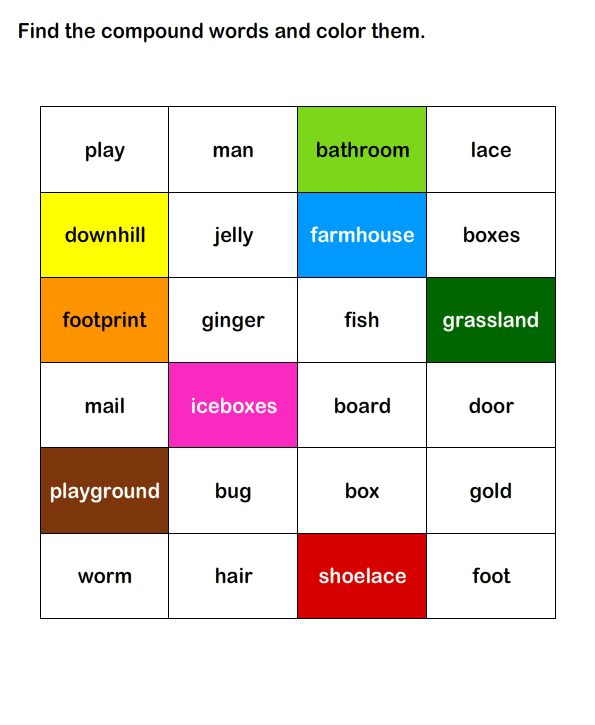 Don’t stress too much.
Don’t stress too much.
According to Merriam Webster, the rules are more like patterns. You may see differences in different publications depending on editorial choice and style. For example, I looked on Amazon for a teapot. I saw mostly teapots, but also a few tea pots. Out of curiosity I put “tea pot” into a New York Times search bar, and found articles from the 1800s that included “tea-pot” in the title!
While interesting, those stylistic changes and choices shouldn’t be too surprising. Language is fluid and ever-evolving. Compound words themselves are proof of that evolution.
Keep Clarity the Focus
The purpose of hyphens in compound words is to ensure clarity. For example,
In the first example, I know by the hyphen that the medicine "I" bought did not require a prescription. "Over-the-counter" is one unit—one compound—describing a type of medicine.
In the second example, "over the counter" is serving another purpose and, while the words form a phrase to tell me where "he" passed the medicine, hyphens do nothing to make the purpose of the phrase clear and are therefore unnecessary.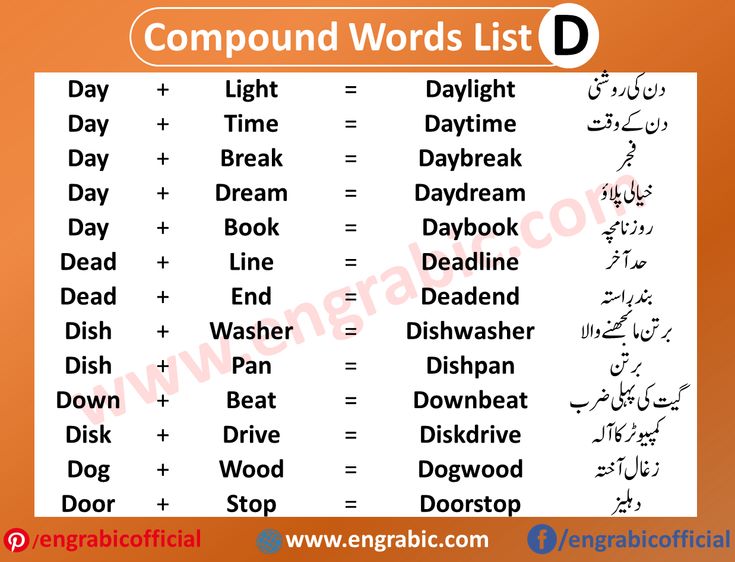
Now look at these examples:
- He owned a little-used car.
- He owned a little used car.
In the first example, I know the man owns a car that has not been driven much. The car is described by the compound modifier "little-used."
In the second example, it seems that the man owns a used car that is also small, or little. In this example, putting a comma after "little" would help to separate the two words, "little" and "used," and show that they aren't intended to work as a compound.
ProWritingAid Can Help
Though you’re a compound-word expert now, if you find yourself with lingering doubts, remember that ProWritingAid is here to help. It will let you know if you’ve added an unnecessary hyphen after an -ly adverb, or if you’ve left one out of a pre-noun compound adjective. You don’t have to write alone!
Take your writing to the next level:
20 Editing Tips from Professional Writers
Whether you are writing a novel, essay, article, or email, good writing is an essential part of communicating your ideas.

This guide contains the 20 most important writing tips and techniques from a wide range of professional writers.
compound word - Wiktionary
Contents
- 1 English
- 1.1 Etymology
- 1.2 Noun
- 1.2.1 Usage notes
- 1.2.2 Translations
- 1.3 See also
- 1.4 References
- 1.5 Further reading
English[edit]
English Wikipedia has an article on:
compound word
Wikipedia
Etymology[edit]
compound + word
Noun[edit]
compound word (plural compound words)
- (linguistics) A word composed of two or more stems. Examples include pancake, two-tone, and school bus. In English, it may or may not have a space or hyphen.
- Synonym: compound
- Hyponyms: closed compound, open compound, solid compound
- A word composed of two or more stems or a prefixed word.
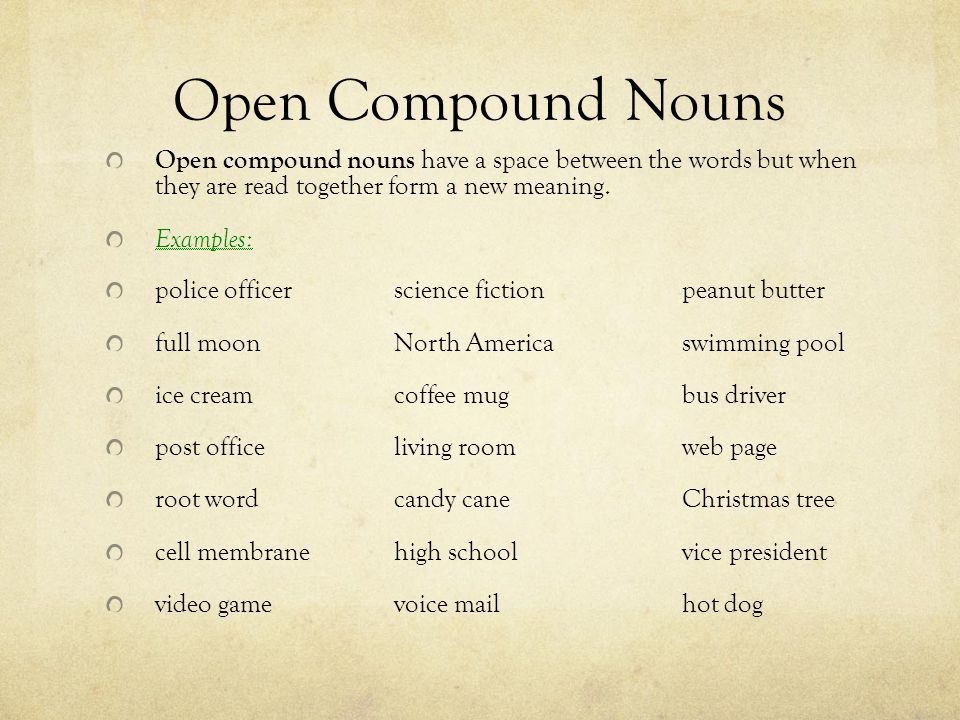
- 1784, Noah Webster, A Grammatical Institute of the English language[5][6]
- A compound word is formed of two or more simple words; as, country-man, gold-smith, ink-horn; or of a simple word and a preposition; as, over-come, with-draw, dis-engage.
- 1784, Noah Webster, A Grammatical Institute of the English language[5][6]
Usage notes[edit]
- Compounds are hard to define exactly, especially since it is difficult to distinguish compounds from phrases.[1][2]
Translations[edit]
word composed of others
|
|
See also[edit]
- Appendix:Compounds
- Category:English compound terms
- Category:Compound terms by language
References[edit]
- ^ Compounds and multi-word expressions in the languages of Europe by Rita Finkbeiner and Barbara Schlücker, 2019
- ^ Compounds or Phrases? - A Look at The Structure of Atypical Noun-Noun Combinations.
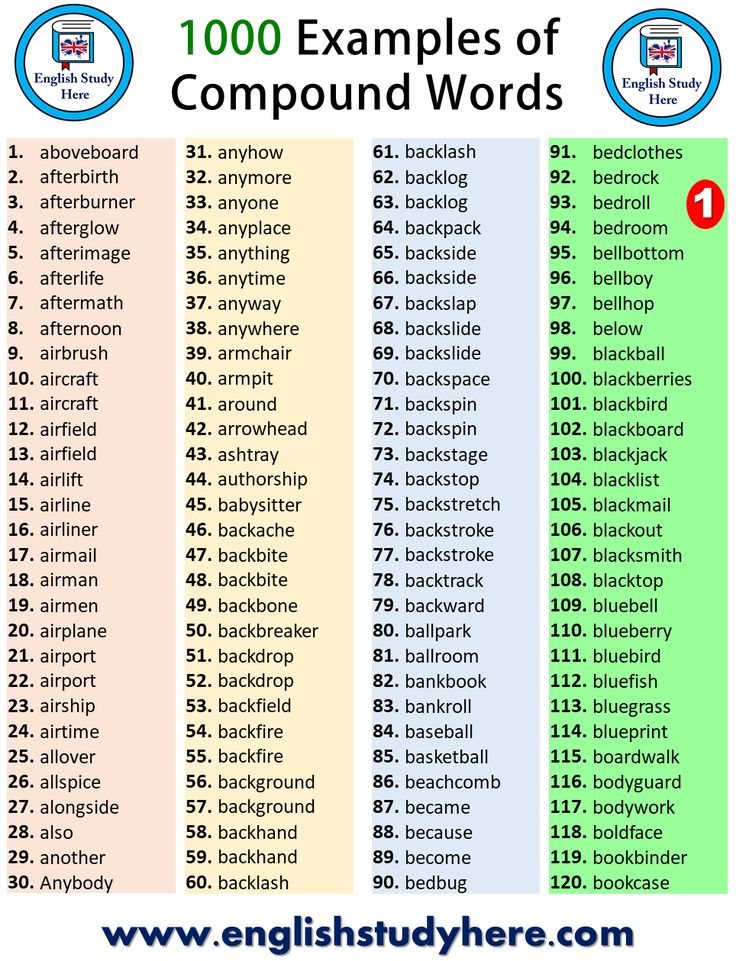 by Elna Arvidsson, 2020
by Elna Arvidsson, 2020
Further reading[edit]
- Compound word, encyclopedia.com
- Examples of Compound Words by Type, yourdictionary.com
- Compounds, dictionary.cambridge.org
- 6. Compounding Rules, govinfo.gov
- How do you decide whether a compound should be written as one word, separate words, or hyphenated words?, merriam-webster.com
- A Comprehensive Guide to Forming Compounds, merriam-webster.com
- English Language > Composition, britannica.com
- Compound Word, encyclopedia2.thefreedictionary.com
- What is the difference between compound words and derivational words?, linguistics.stackexchange.com
- §91. What is a Compound Word? in Greek and Latin Roots: Part I – Latin, pressbooks.bccampus.ca
- Should that word have a hyphen?, merriam-webster.com
- When do you need to use a hyphen for compound words?, apastyle.apa.org
What does a compound word mean? - answer to Uchi.
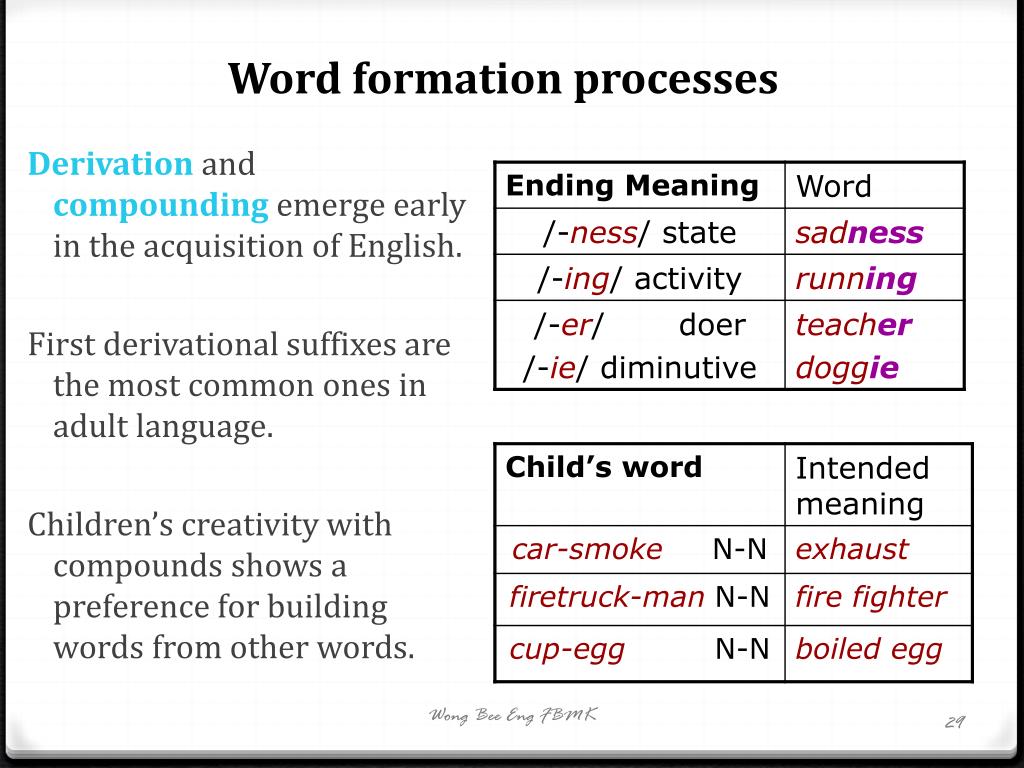 ru
ru Answer or solution2
Margarita
Russian words have a certain structure. In any case, the word has a root, since it is the basis of the word and gives it a semantic meaning. Prefixes, suffixes, endings are delivered to the root, changing the meaning of the word. They give it different shades and form new words. However, there is a group of words called compound words. They consist of two roots that give a more complex meaning to the word.
Definition of compound words
A compound word has two roots. This is the main feature of compound words. The roots included in its composition are different words. They are combined into one word, which takes on a completely unique meaning. As a rule, compound words are formed to denote technical concepts and natural phenomena. The concept of a compound word should be demonstrated with several examples:
- the word "icebreaker" is a compound word. This follows from its structure, which includes the roots "ice" and "col".
 The form "stake" is formed from the word "stab". Thus, the direct meaning of the word means "piercing ice." This fully corresponds to the functions of icebreakers, which are able to pass through the frozen sea with a multi-meter layer of ice;
The form "stake" is formed from the word "stab". Thus, the direct meaning of the word means "piercing ice." This fully corresponds to the functions of icebreakers, which are able to pass through the frozen sea with a multi-meter layer of ice; - "helicopter" is also a great example of a compound word. The form "years" means flight, the ability to fly. The root "vert" means the word "twirl". After all, it is by spinning the helicopter blades that this aeronautic machine rises into the air. Therefore, this word is formed from words denoting the way equipment works and the fact of flight;
- "snowshoe" is one of the compound words. Its meaning is also intuitive. After all, tin consists of the forms "tread" and "snow". That is, we are talking about a device that helps to move through the snow.
Thus, all the listed words belong to the category of compound words. They are formed from native Russian words.
Are there any borrowed compound words
There are no words that are composed of a borrowed root and a native Russian root.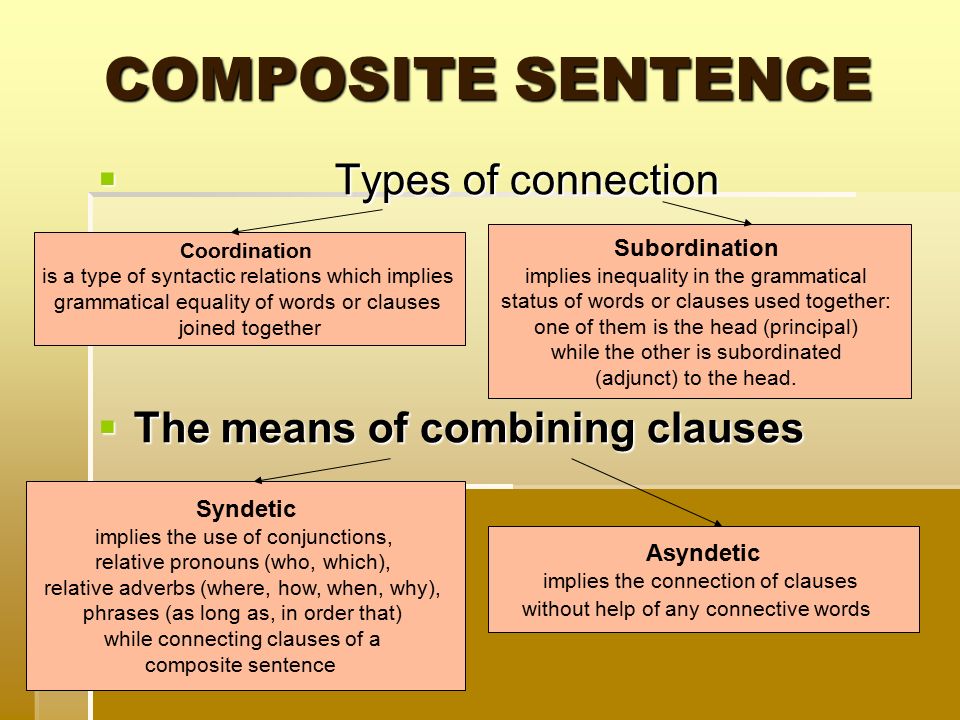 There are only native Russian words. Meanwhile, borrowed words are often complex, but in the Russian sense they already become a simple word with one root.
There are only native Russian words. Meanwhile, borrowed words are often complex, but in the Russian sense they already become a simple word with one root.
Egor
If a word is formed from several words, then it will be complex. It should be noted that between the bases of compound words, only vowels are used as connecting vowels to and to .
Let's take an example: the word "tea party" is formed from the words "tea" and "drink".
However, there are still compound words that are written without connecting vowels - these are cardinal numbers that form the first part of compound words (five-year, five-hour, five times).
Do you know the answer?
How to write a good answer? How to write a good answer?
Be careful!
- Copying from other sites is prohibited. Stickers and gifts for such answers are not awarded. Use your knowledge. :)
- Only detailed explanations are published.
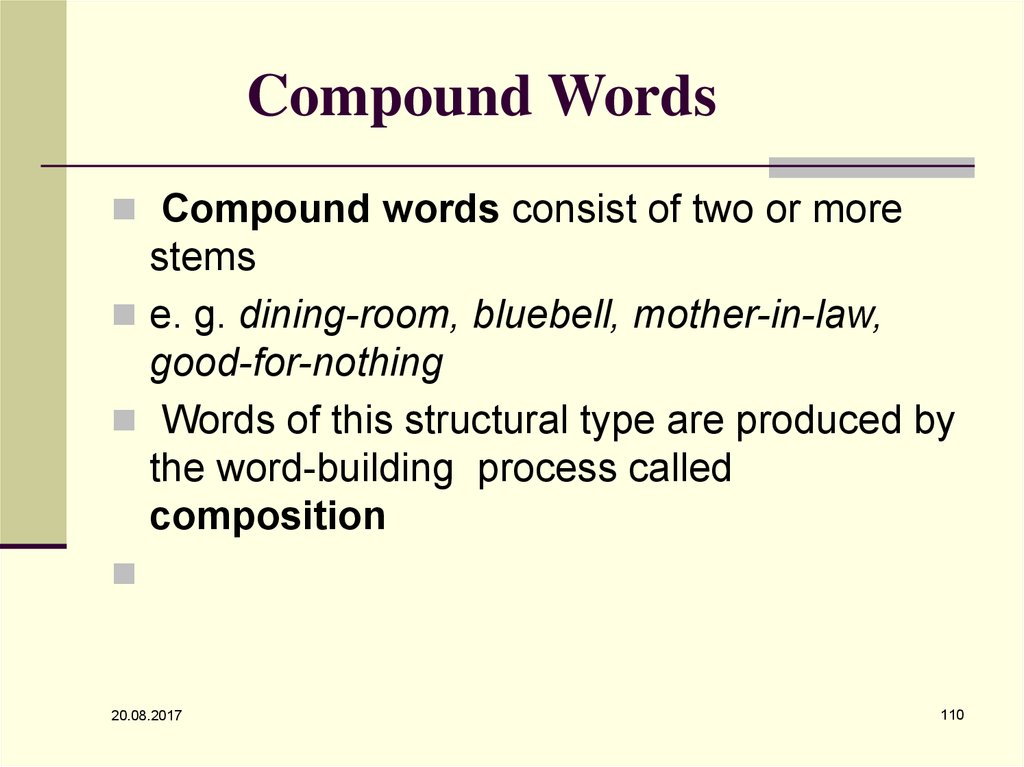 The answer cannot be less than 50 characters!
The answer cannot be less than 50 characters!
0 /10000
Compound words in Russian
The Russian language is not just one of the richest. According to some reports, it is another one of the most difficult. It contains difficult words. The bonus ones are those that are very difficult to write if you do not memorize them. For example, there are a large number of words that are difficult to pronounce. It is unlikely that not only a foreigner, but also a native speaker will be able to pronounce them the first time without errors.
No time to read? Scroll to the bottom of the page and listen to the article!
These words include, for example:
- X-ray electrocardiographic. The term is used in medicine. The word itself consists of four. How to pronounce it without mistakes? Try to split it not a few. For example, “X-ray”, “electro”, “cardiogram”. This will make it much easier.
- Private business.
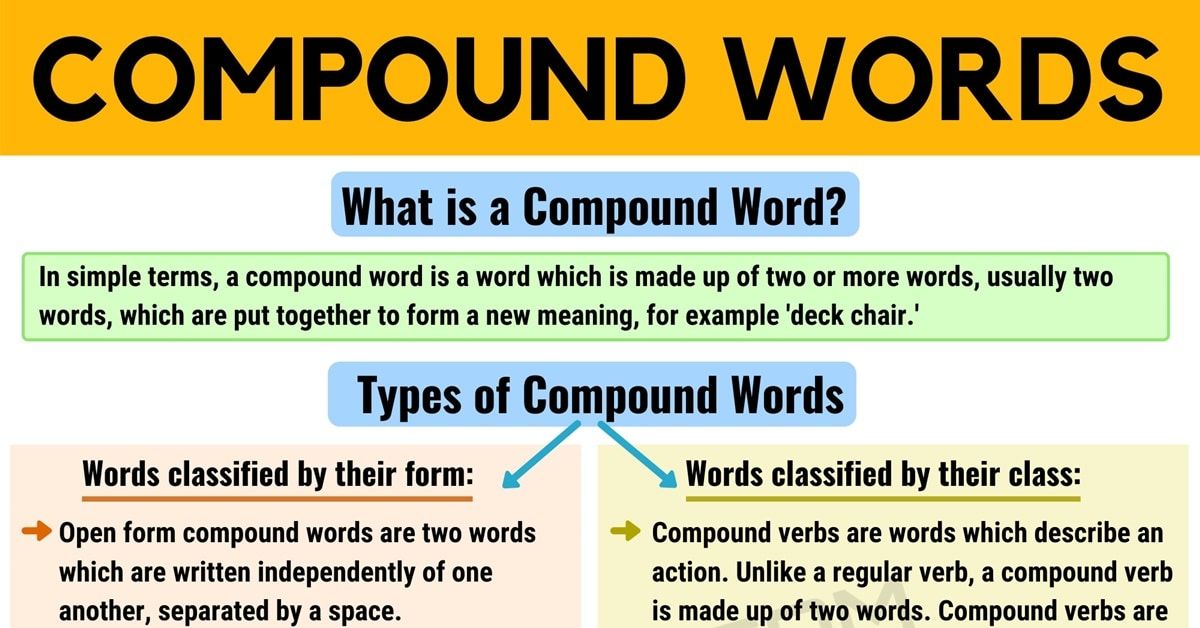 It's almost impossible to get it right the first time. For the Russian language, it is relatively new. Meaning, as well as the field of private enterprise itself, began to develop around the 80s of the last century. Here you can use a similar technique: decompose it into several components.
It's almost impossible to get it right the first time. For the Russian language, it is relatively new. Meaning, as well as the field of private enterprise itself, began to develop around the 80s of the last century. Here you can use a similar technique: decompose it into several components. - Substantializing - can be used as a tongue twister. What does it mean? "Become Substance" The formulation is used in chemistry. To pronounce it correctly, it is enough to understand the principle of its formation. Say it in syllables first.
- Your Excellency. Quite old, but still even a native speaker can hardly pronounce it. Divide it into components: “high” and “exceed” and it will become much easier to pronounce the word correctly.
So, the main method of using words that are difficult to pronounce is the decomposition of one complex into several.
What about words that are difficult to write?
Are there any universal rules that can be applied to most of them? Or do you have to learn the whole list in order not to make mistakes in them?
Unfortunately, there are no one or two universal rules that will completely eliminate errors in writing compound words.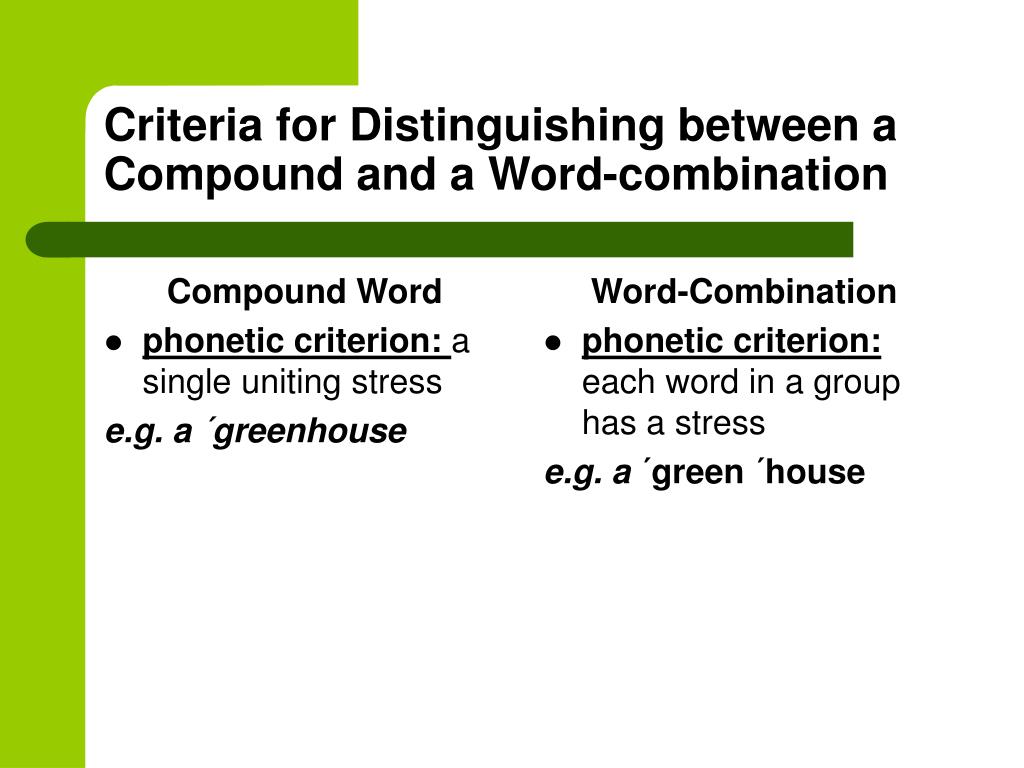 Yes, they have to be learned. Or at least periodically “run through” with your eyes, training your visual memory. How are compound words formed in Russian?
Yes, they have to be learned. Or at least periodically “run through” with your eyes, training your visual memory. How are compound words formed in Russian?
Two principles
Some of them come to us from foreign languages and adapt, ignoring all the rules. The second part is formed from several, thereby forming a complex term that can have several dozen letters.
Recently, most often there are difficulties in writing words that have recently entered the lexicon.
For example, the word “traffic”. Those who say that the word “traffic” in English is written with two letters “f” will be right. However, in the process of adaptation to Russian, the second letter is lost. The same thing happened with the words “offline”, “blogger”, etc. And here is a list that is better to learn:
- Legitimacy
- Realtor
- Bulletin
- Colander
- Guest worker
- Vinaigrette
Of course, there are many more such words.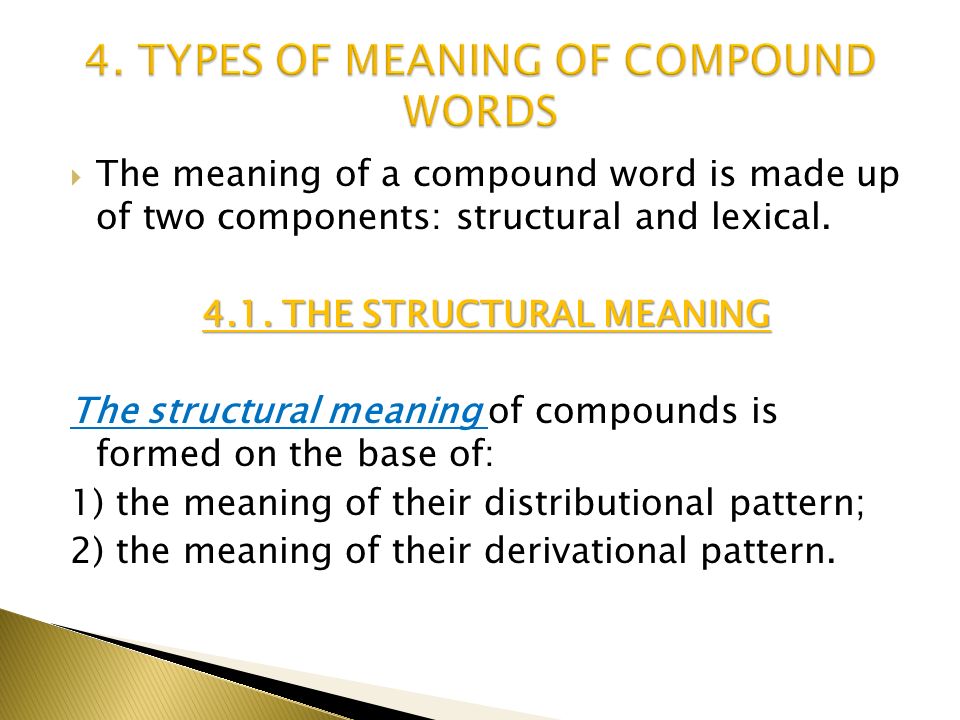 It is impossible to learn everything in one sitting. Practice reading: read more modern literature and traditional classics with complex speech patterns. If complex formulations regularly catch your eye: you will remember them much faster.
It is impossible to learn everything in one sitting. Practice reading: read more modern literature and traditional classics with complex speech patterns. If complex formulations regularly catch your eye: you will remember them much faster.
Compound accents
Another group of words that raises questions not only among foreigners. You can make a list, but there will be more than a hundred words. We will try to analyze the most common ones.
- Pampered, but pampered.
- Turn on, turn on, etc.
- Religion.
- Graffity.
- Genesis.
- Diopter.
- Enviable.
- Moldy
- Iconography
- prettier
- workshops
- Lighten
- Reflection
- Symmetry
- Transfer
- scoop
- pinch
- Buttocks
Of course, it is difficult to imagine a complete list of compound words with the correct stress. But what to do if there are difficulties in pronunciation of a number of words? Make the dictionary your reference book.